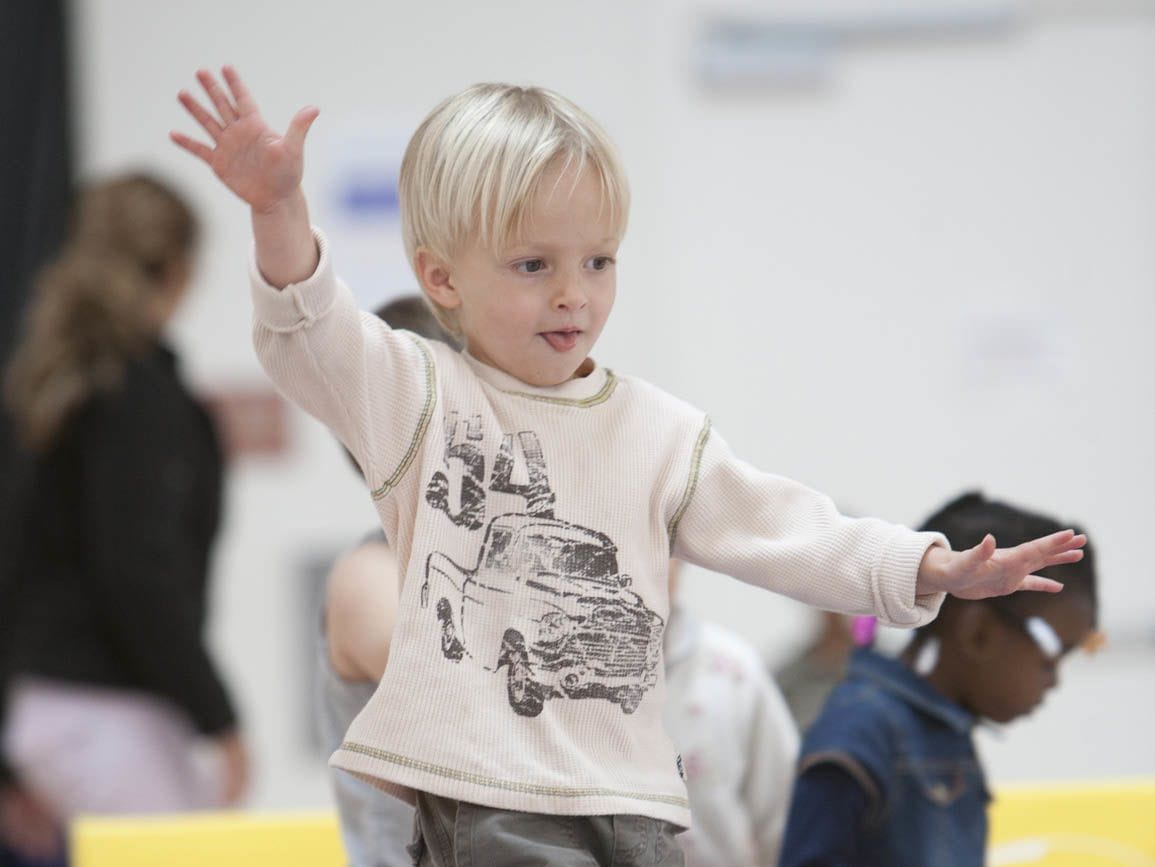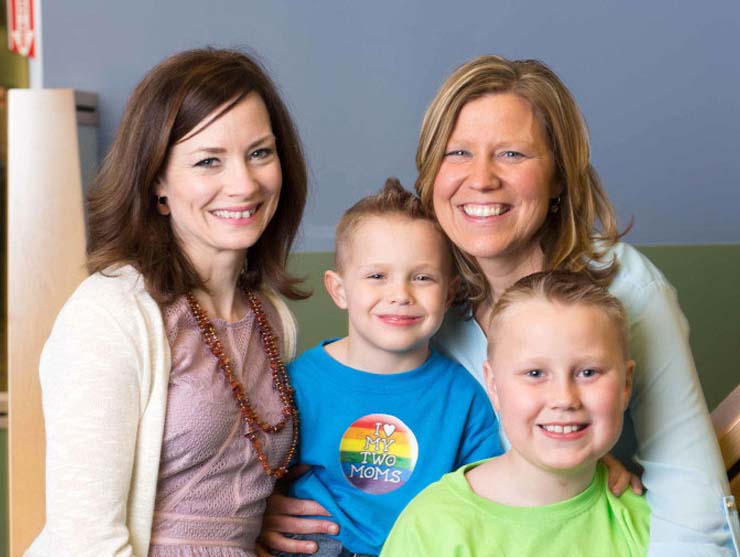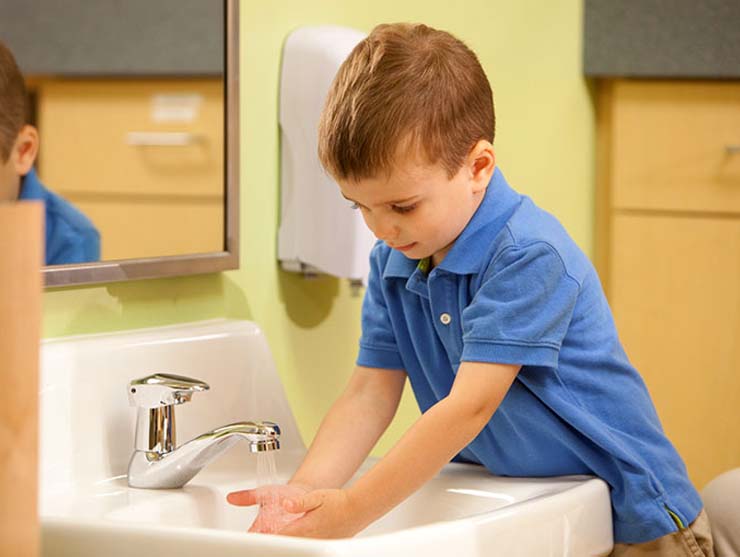For thousands of years, play has been a childhood tradition. Unregulated and unstructured, it has passed from generation to generation. Even during periods of immense challenge, such as the Great Depression and World War II Nazi Germany, children found ways to be playful, writes psychologist and researcher Joe L. Frost in “A History of Children’s Play and Play Environments.” But he warns that in the face of too many structured activities, loss of outdoor areas, excessive screen time, and increased academic pressure, this age-old tradition is fading.
“Now, for the first time in history,” he writes, “the children of entire industrialized nations, especially American children, are losing their natural outdoor grounds for play and forgetting how to engage in free, spontaneous … play. The consequences are profound.”
The benefits of play
"Play is something done for its own sake," says psychiatrist Stuart Brown, author of “Play,” He writes: “It’s voluntary, it’s pleasurable, it offers a sense of engagement, it takes you out of time. And the act itself is more important than the outcome.”
With this definition in mind, it’s easy to recognize play’s potential benefits. Play nurtures relationships with oneself and others. It relieves stress and increases happiness. It builds feelings of empathy, creativity, and collaboration. It supports the growth of sturdiness and grit. When children are deprived of opportunities for play, their development can be significantly impaired.
Play is so important that NAEYC has called it a central component in developmentally appropriate practice, and the United Nations High Commission on Human Rights declared it a fundamental right of every child. Play is not frivolous. It is not something to do after the “real work” is done. Play is the real work of childhood. Through it, children have their best chance for becoming whole, happy adults.
8 things children learn through play
We believe that play is the primary vehicle for optimal growth in childhood. Below are just some of the ways children learn through play:
- Whole child development. When children play, they are developing skills in all areas: cognitive, physical, language, and social-emotional development. They practice and reinforce these skills in a way that can’t be achieved through worksheets or screen time.
- Healthy habits. Play promotes healthy habits by actively engaging children in the world around them. This counteracts issues many children face today, such as childhood obesity.
- Stress relief techniques. Play is a natural stress reliever. It allows children to work through their anxiety and fears in a safe and supportive environment. Through play, children have an outlet to cope with emotions in a healthy way.
- Testing new ideas. Play allows children to test out new ideas and make connections between their previous experiences and their active investigations. Through trial and error, children learn what works and what doesn’t. Play gives children the freedom to experiment, helping them build critical thinking and problem-solving skills.
- Decision-making skills. Children make their own decisions during play, helping develop decision-making skills early on. Over time they begin to make connections between their choices and the natural consequences of those choices. Making decisions helps children feel empowered and confident in their choices both in and outside of play.
- Developing self-control. Play supports the development of self-control which is critical for success later in life. Play allows opportunities for them to regulate their feelings, delay gratification, and negotiate with others, all important aspects of developing self-control, a key 21st-century skill.
- Encouraging risk-taking. The spontaneity of play promotes risk-taking as children interact with materials and their environment. The sense of the unknown help children develop mental flexibility and other skills for future success, such as executive functioning.
- Mindfulness and exploration. Play helps children develop mindfulness as well as feel safe and secure to try new ideas and experiment. As children become engrossed in play, they suspend awareness of time and space, becoming fully present in the task at hand.
Parenting tips for encouraging rich play
Children need open-ended, unscheduled times to explore and discover.
Learning happens most effectively with open-ended materials that can be used in multiple ways to nurture creativity in children. Try hands-on materials like blocks, sand, water, dirt, child-sized wheelbarrows, small shovels, ramps, balls, and so on. Sometimes the purpose of the object for children’s play is clear (like a doll is for holding and pretending to be a parent). Sometimes the purpose of the object for play time only becomes clear in the child's creative hands—a stick could become a magic wand, the pole for a flag, something to stir with, or a pointer to show which way to go.
Child’s play time can be enhanced by the presence of a caring adult.
Set aside an hour as often as you can to spend some quality play time with your child and do exactly what he or she wants to do. Let your child lead the play time and you follow. That means if your child wants you to sit in the sandbox with her, you do it. Or if he wants you to play the baby and he plays the mommy, you do it. Your presence enables another level of meaningful play to happen. Your child may use your attention to figure out a tough situation with a friend, re-enact a doctor’s visit, or try something new and challenging, like walking on a balance beam.
Encourage and facilitate opportunities for group play
You may also want to help guide your child’s play while on a play date or at the playground. You can coach your child, “I see you looking at Aiden. Should we go over and ask if he’d like to climb with us?” Group play offers rich opportunities for your child to learn important social skills like cooperation, turn-taking, and communication. While adults can offer guidance, it’s essential to let children take the lead in play to foster independence and self-confidence. Adults can follow a child’s lead or offer gentle guidance, but play is at its richest when children are in charge.
Outdoor play enhances learning and development
Unstructured outdoor play offers children a wealth of developmental benefits, from promoting physical health to supporting executive function skills like problem-solving and self-regulation. Outdoor environments encourage creativity and exploration, helping children build confidence as they interact with their surroundings. Begin incorporating fun outdoor activities into your child’s routine for enriching, playful experiences.
Teach. Play. Love. Episode 4: Say Yes to Play
On this episode, Rachel Robertson, Bright Horizons Chief Academic Officer, and new mom Amanda, discuss the benefits of play for children. Find out why play is the key to healthy child development—and get new ideas you can use to engage your child in playful ways throughout the day.





